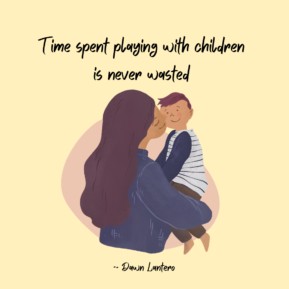Learning can be defined as the process leading to “relatively permanent change in behaviour that results from practice.” (Atkinson et al, 2000) In other words, as we learn, we alter the way we perceive our environment and therefore, the way we interact, or behave.
When we learn, we organise, shape and strengthen our brains. From the day we are born, our brains are ready to capture our experiences. To most of us, ‘learning’ means an attempt to create a memory that lasts, for example, mastering new skills, learning a new language or even remembering acquaintances’ names. However, it is important to realise that not all learning is transformed into lasting memories. There is a difference between learning and memory- although they are closely linked, they are not the same thing. Learning begins with the need for some motivation, an intention to learn. The learner must then concentrate attention on the important aspects of what is to be learned. While these aspects are being identified, the learner accesses the prior knowledge that already exists in memory.
Children grow, develop and learn throughout their lives from birth and infancy to adulthood. A child’s development can be measured through social, physical and cognitive developmental milestones.
There are many different theories of development, with the main schools of thought being the Behaviourist Approach, favoured by Pavlov and Skinner; the Cognitive Approach, including the theories of Piaget, Bruner and Vygotsky; and the Social Learning Theory from Bandura.
Behaviourism believes human behaviour is learned, thus all behaviour can be unlearned and new behaviours learned in its place. Therefore, it is concerned primarily with the observable and measurable aspects of human behaviour.
On the other hand, Cognitivism is the study of how learning occurs from a change in mental state. Cognitive psychologists contend that learning cannot be described in terms of a change in behaviour. Learning occurs whether or not there is an observable change in the learner. Cognitive development therefore, refers to the changes that occur in an individual’s cognitive structures, abilities and processes.
The Social Learning theory of Bandura emphasises the importance of observing and modelling the behaviours, attitudes and emotional reactions of others.
Although all these theories differ in many ways, and each one serves an important purpose in the cognitive, social and emotional development of a child’s life, it is generally accepted that development does not occur solely as any one approach states but occurs through both bio-factors and social factors and continues to develop throughout life.
Laura x
learning, behaviour, children, development, birth, infancy, developmental milestones, knowledge
Sign up today for unlimited access:
- Book appointments
- Expert advice & tips
- Premium videos & audio
- Curated parenting newsletters
- Chat with your bloss community
- Discounts & competitions
- Special events



Leave a Rating / Review
You must be logged in to post a comment.